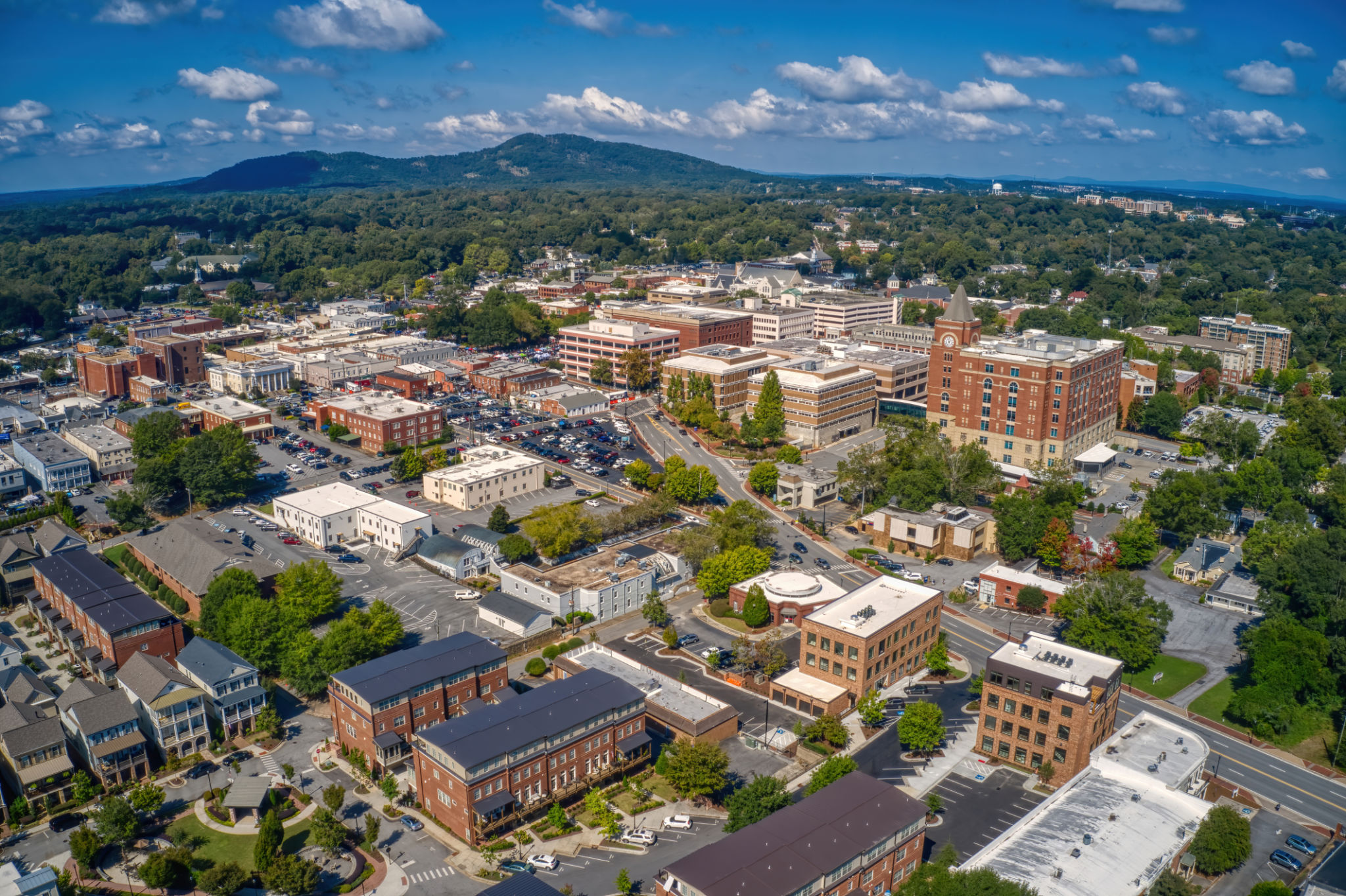Expert Insights: Atlanta Real Estate Market Trends
Understanding the Current Landscape
The Atlanta real estate market has been experiencing dynamic shifts over the past few years, making it a topic of keen interest for investors, buyers, and real estate professionals alike. With its robust economy and diverse population, Atlanta remains a lucrative market. However, understanding the nuances of its trends is essential for making informed decisions.
One of the most significant trends is the increasing demand for suburban properties. As remote work becomes more prevalent, many buyers are seeking larger spaces outside the bustling city center, contributing to a rise in property values in suburban areas. This shift is reshaping the market dynamics and influencing the types of properties that are most in demand.

Key Drivers Behind Market Trends
Several factors are driving the current trends in the Atlanta real estate market. Firstly, the city's economic growth has been a substantial catalyst. Atlanta's position as a business hub attracts a steady influx of professionals, which in turn fuels demand for housing. Additionally, low mortgage rates have made buying more accessible, encouraging more people to invest in property.
Another critical driver is the changing demographic landscape. The influx of young professionals and families has increased demand for modern amenities and community-focused living spaces. This demographic shift is prompting developers to prioritize mixed-use developments that offer both residential and commercial spaces.

Challenges Facing the Market
Despite these promising trends, there are notable challenges that the Atlanta real estate market faces. Housing affordability remains a concern as property prices continue to rise, potentially outpacing income growth. This issue is particularly pressing in urban areas where demand is high but supply is limited.
Moreover, zoning regulations and land availability are ongoing challenges that impact new developments. The need for sustainable development practices also adds another layer of complexity to future growth plans. Addressing these challenges requires collaboration between policymakers, developers, and community stakeholders.

Investment Opportunities
For investors, understanding these trends is crucial for identifying opportunities. The rise in suburban demand presents potential for investment in residential properties in these areas. Additionally, mixed-use developments offer appealing prospects due to their ability to attract diverse tenant bases and provide stable returns.
Investors should also consider the commercial real estate sector, particularly in tech and fintech hubs within the city. With Atlanta's growing reputation as a technology center, properties in these areas are poised for appreciation.
Future Outlook
The future of Atlanta's real estate market looks promising but requires careful navigation. Experts predict continued growth, driven by economic resilience and demographic shifts. However, maintaining affordability and sustainable development will be key to ensuring long-term success.
Staying informed about these trends and adapting strategies accordingly will be essential for stakeholders aiming to thrive in this evolving market landscape. Engaging with local experts and leveraging data-driven insights can provide a competitive edge.

In conclusion, Atlanta's real estate market offers a wealth of opportunities despite its challenges. By understanding current trends and anticipating future shifts, investors and buyers can make strategic decisions that align with their goals and contribute to the city's vibrant growth.